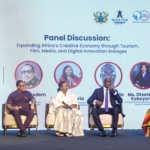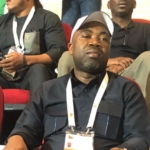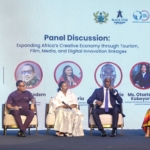
Accra has hosted summits, festivals and global forums, but what unfolded at Palms Convention Centre, La Palm Royal Beach Hotel in late this past week felt different.
Creatives Connect Afrika was not another conference pinned to a calendar — it was a continental awakening. An affirmation that Africa’s creative, cultural and tourism industries are no longer asking for a seat at the economic table. They are building one.
Convened under the auspices of the African Continental Free Trade Area (AfCFTA) secretariat, with the partnership of the government of Ghana through the Black Star Experience secretariat and Africa Tourism Partners, the gathering blended the boldness of African storytelling with hard economic reasoning, the warmth of cultural experience with the sharp edge of policy.
Delegates came from more than twenty countries: filmmakers, fashion designers, musicians, digital innovators, investors, cultural custodians, tourism strategists and policymakers.
Their conversations, collaborations and commitments revealed a continent refusing to underestimate the power of its own creative imagination.
What made the forum truly historic was the visible alignment between political leadership, continental institutions and industry practitioners. From the explicit support of President John Dramani Mahama to the strategic vision articulated by AfCFTA Secretary-General Wamkele Mene, the message was unmistakable: Africa is ready to elevate creativity from passion to prosperity, from talent to trade.
A Creative Economy Ready for Lift-Off
Africa’s creative industries have long shaped global culture — from the global dominance of Afrobeats, to the cinematic renaissance of Nollywood, to fashion houses drawing inspiration from the continent. But fragmented markets, weak distribution systems, restrictive mobility, underdeveloped financing structures and intellectual property gaps have prevented the continent from harnessing its full economic value.
It is precisely this disconnect that Creatives Connect Afrika sought to confront.
AfCFTA’s Director of Trade in Services, Intellectual Property and Digital Trade, Emily Mburu-Ndoria, framed the conversation with clarity: Africa must build stronger frameworks for film, fashion, music, design, gaming, digital content and tourism — not as scattered national enclaves but as pillars of a unified continental market. Her call emphasised that creativity is not merely artistic expression; it is a strategic export, a job creator, a multiplier and a foundation for inter-African trade.
This vision found sharp echoes across the festival. In film circles, discussions interrogated the economics of production, distribution, cross-border mobility and the urgent need for African-controlled IP systems. Filmmakers like Kachi Benson and value-chain experts like Fela Oke insisted that Africa must own the rights, platforms and infrastructure that determine who profits from African stories.
Fashion thought-leaders — from Ghana to Botswana to South Africa — showcased how the continent’s textile heritage can be translated into retail, manufacturing and export power under AfCFTA’s trade framework. Fashion, they argued, is not only about aesthetics but about industrialisation, jobs and brand Africa.
Meanwhile, the music ecosystem’s structural flaws were laid bare by experts who demonstrated the incongruity of African songs topping global charts while artists struggle with fragmented licensing, poor metadata and limited mobility. As AfroFuture’s Khadijat El-Alawa put it, Africa cannot continue leaving millions on the table because its internal systems are weaker than its global influence.
Across industry after industry, the theme was the same: talent Africa has; systems Africa must build.
Leadership Signals a New Era
A defining moment of the gathering was the articulation of a continent-wide agenda by political leaders. Speaking for H.E. John Dramani Mahama, the Black Star Experience Secretariat’s Rex Owusu Marfo unveiled a Six-Pillar Framework that may well become a continental reference point for creative policy. Structured around financing, market access, infrastructure, digital sovereignty, IP protection and cross-border payments, the framework signalled a deep understanding that the creative economy requires more than inspiration — it requires architecture.
It requires governments that treat creative entrepreneurs not as entertainers but as economic contributors. It requires laws and systems that allow a fashion designer in Johannesburg to sell seamlessly in Dakar; a filmmaker in Lagos to collaborate easily in Kigali; a musician in Nairobi to earn royalties from Gaborone to Nouakchott.
This is where the leadership of Wamkele Mene became pivotal. Through his keynote, he reminded the continent that AfCFTA is not a political concept but a market reality — one designed to remove barriers, harmonise regulations, support IP rights, facilitate digital trade and unlock the mobility that creatives desperately need. His message reframed Africa’s creative future not as an aspiration but as a trade opportunity waiting to be activated.
Such leadership commitments transformed Creatives Connect Afrika from a forum into a policy turning point.
The Cultural and Economic Convergence
What made the event truly compelling was the interplay between its intellectual depth and its artistic vibrancy. Cultural performances electrified the spaces, reminding everyone present that Africa’s creativity is both a lived experience and an economic asset. The Fashion Runway — curated with the precision of global fashion weeks — offered a vivid display of African identity meeting global ambition. Film screenings introduced new voices and new narratives that deserve investment, distribution and recognition.
Panel discussions around intellectual property, digital transformation, AI, virtual reality, the gig economy, fashion value chains, music monetisation and creator financing demonstrated an unprecedented level of openness and pragmatism. Creatives weren’t merely inspired — they were armed with knowledge, tools and pathways.
Equally important was the honesty in confronting Africa’s systemic barriers:
visa restrictions, weak transport connectivity, limited cross-border payments, the absence of unified licensing structures, digital fragmentation, financial exclusion and valuation gaps that prevent creatives from accessing capital.
By naming these challenges publicly, the forum signalled a new maturity — one willing to face the hard work of building an ecosystem, not just celebrating talent.
A New Era for Creative Cooperation
Across the networking lounges, exhibitions, marketplace sessions and after-hours exchanges, something intangible but unmistakable took shape: a continental community. Ideas grew legs. Partnerships were born. Deals were initiated. Delegates articulated a shared belief that Africa’s creative economy can, and must, be one of the engines of continental growth.
The central takeaways were unmistakable:
• Africa must own, commercialise and protect its creative IP.
• Creative industries and tourism are mutually reinforcing.
• Technology — AI, VR, streaming and digital payments — will define the next frontier of creative trade.
• Mobility reforms and policy alignment are essential.
• AfCFTA is the greatest opportunity Africa has ever had to scale its creative industries.
• Creativity is not a soft sector; it is serious commerce.
Most importantly, a cultural conviction took hold: Africa’s stories, styles, sounds and symbols are its most valuable natural resource — and the time has come to build the structures that allow that resource to flourish responsibly and profitably.
Creatives Connect Afrika Has Opened the Door
As the final performances faded into the Accra night, one truth lingered: the continent has all the ingredients it needs — talent, youth, markets, leadership, digital momentum, cultural depth and policy direction. What Creatives Connect Afrika provided was the spark of continental coherence.
It offered clarity. It offered alignment. And it offered a blueprint. Africa’s creative future will not be determined by chance. It will be determined by how boldly the continent implements the vision articulated in Accra — a vision grounded in collaboration, innovation, commerce and pride.
Creatives Connect Afrika has opened the door. The next chapter belongs to the continent that walks through it.
See some photos below:
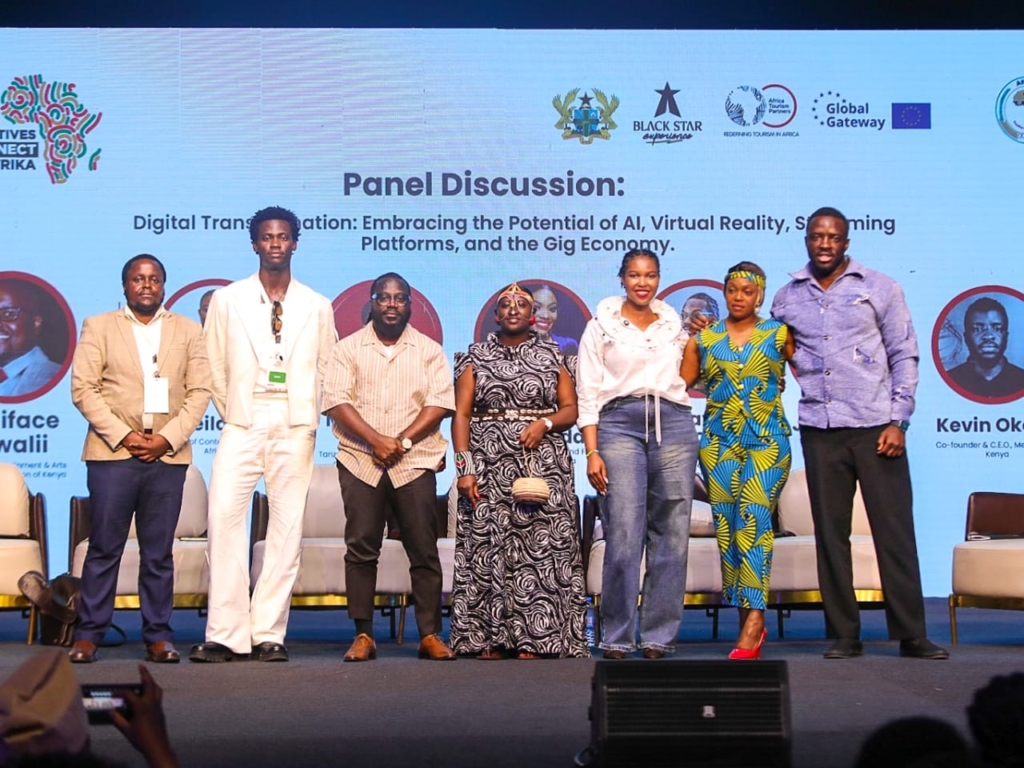

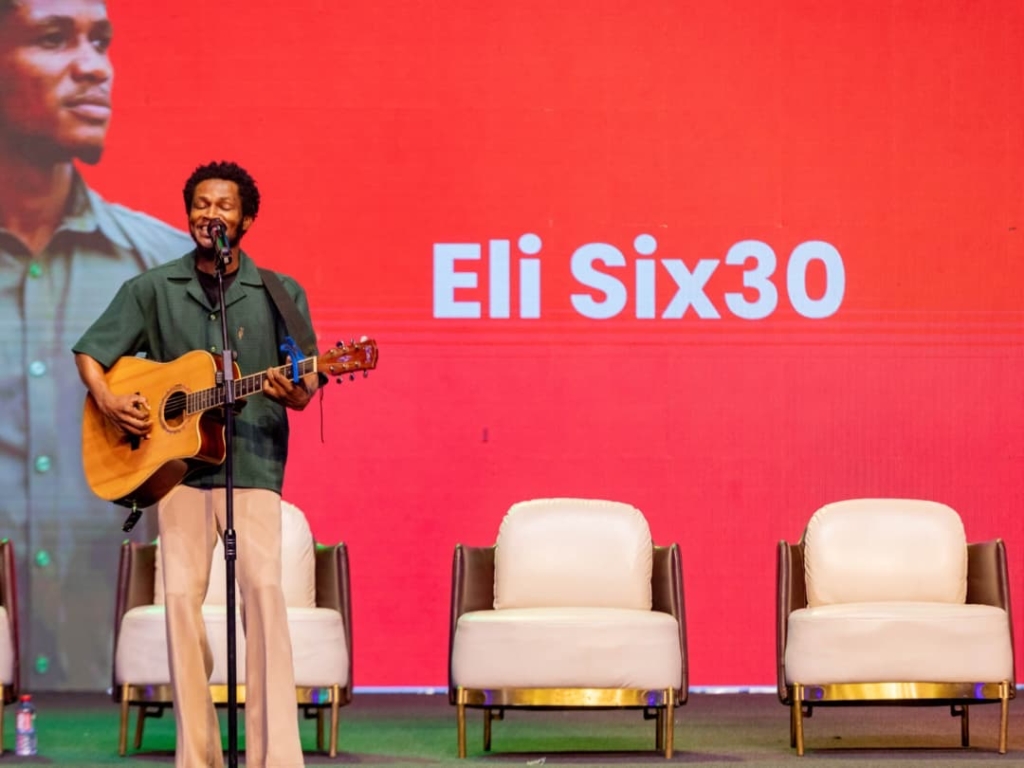

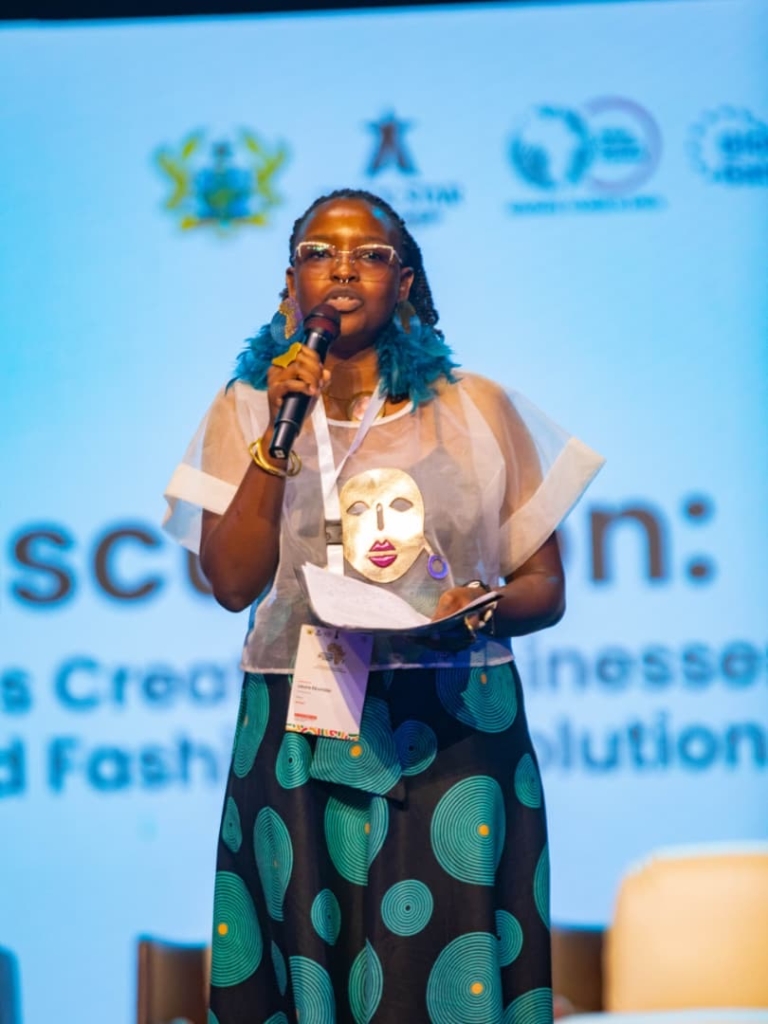
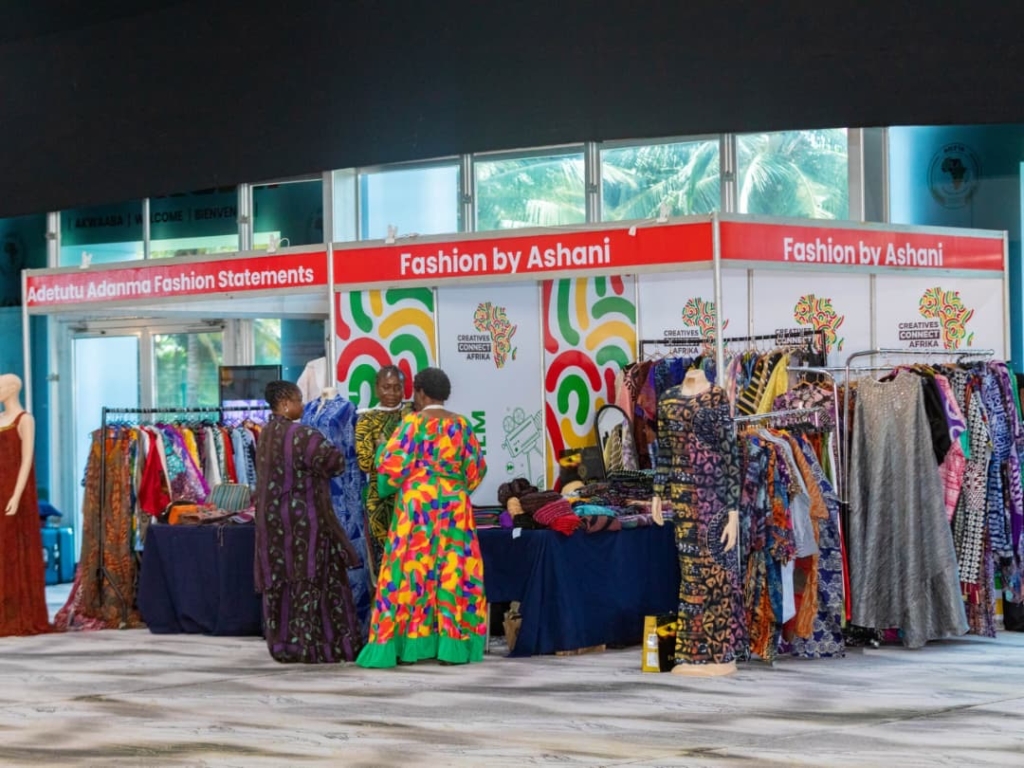

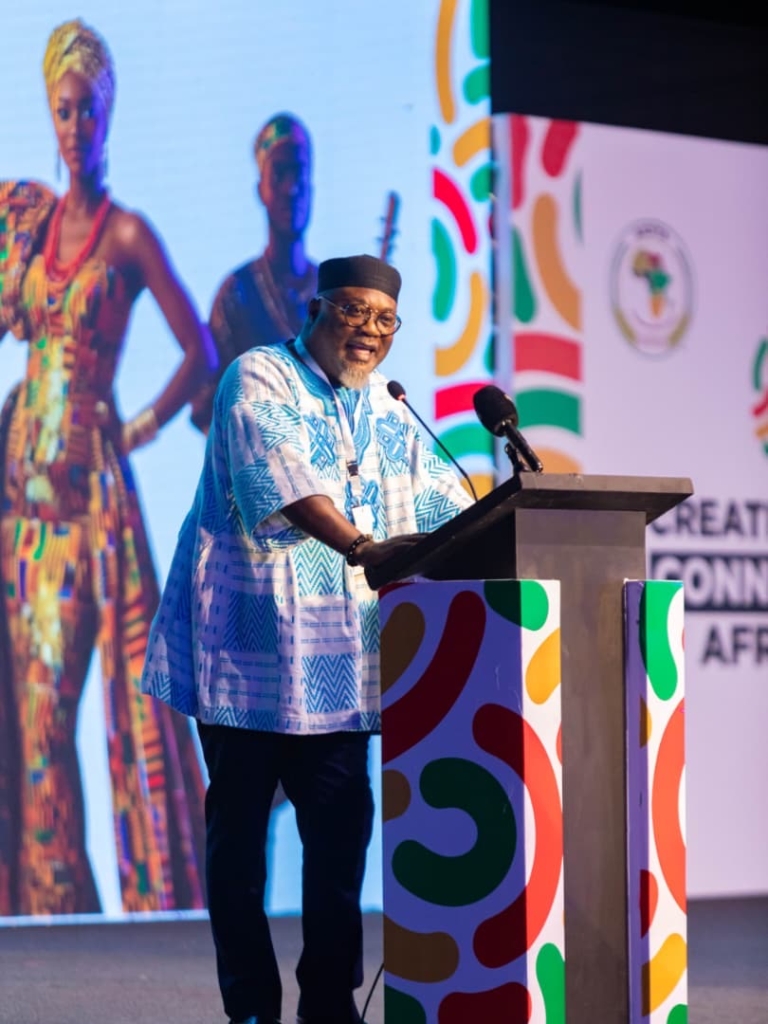
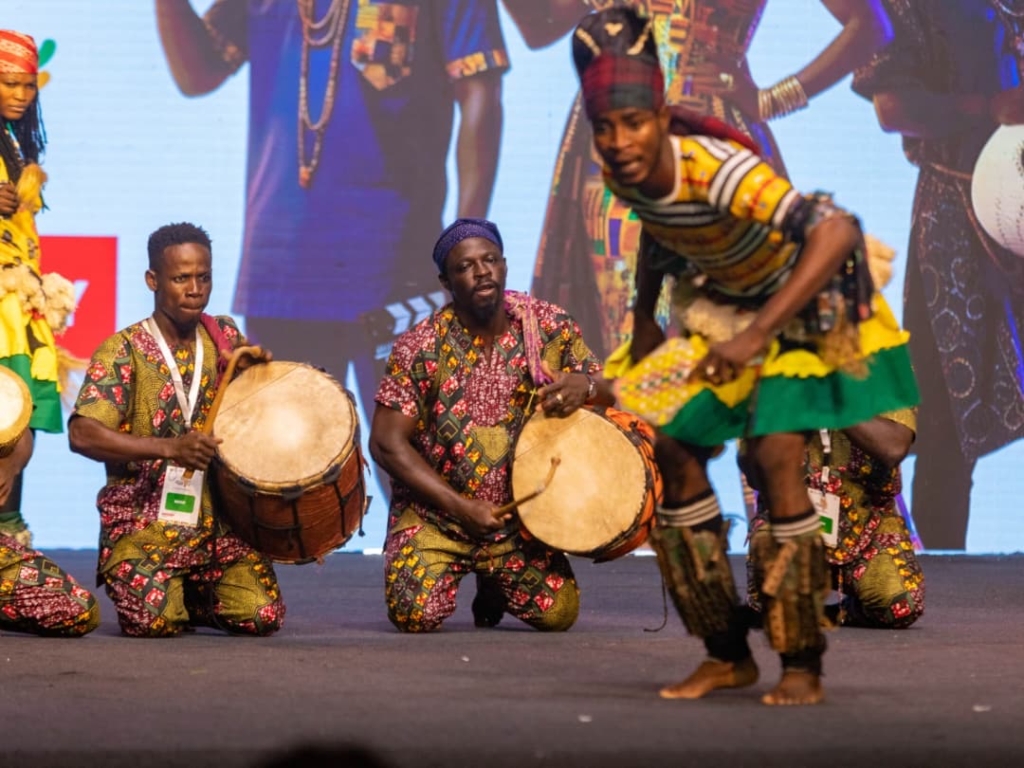
About the author
The author, Francis Doku, is the CEO of Maestro Africa Group, West Africa Director of Africa Tourism Partners, a media entrepreneur, tourism promotion and marketing consultant and digital marketing executive.
- President Commissions 36.5 Million Dollars Hospital In The Tain District
- You Will Not Go Free For Killing An Hard Working MP – Akufo-Addo To MP’s Killer
- I Will Lead You To Victory – Ato Forson Assures NDC Supporters
Visit Our Social Media for More

